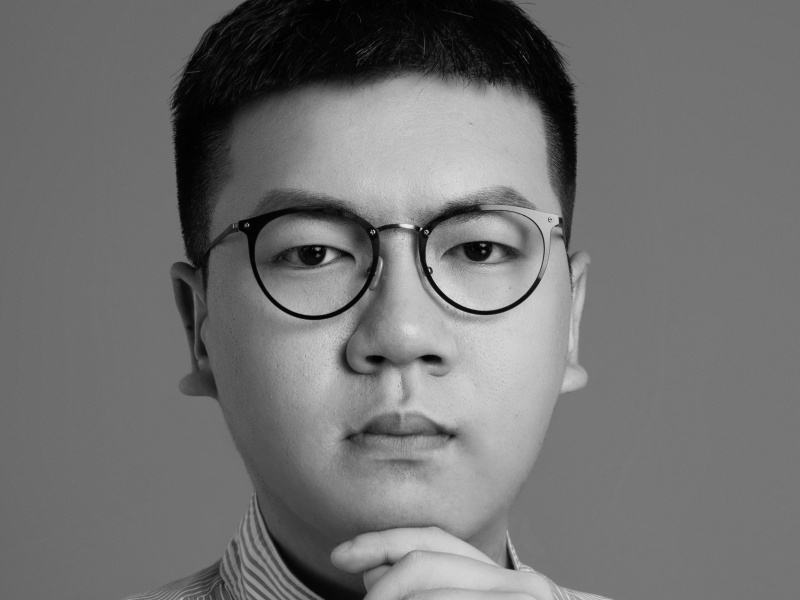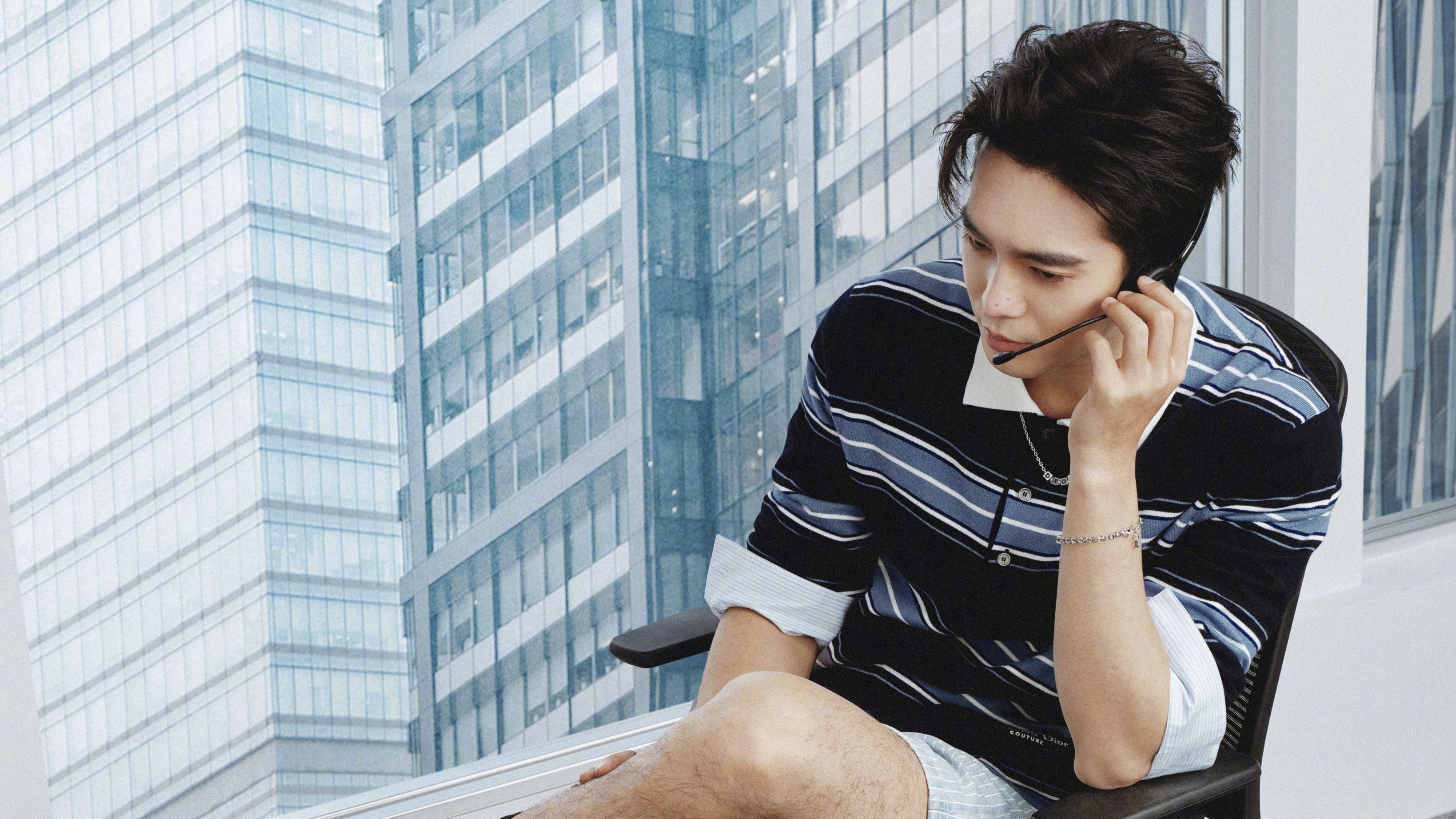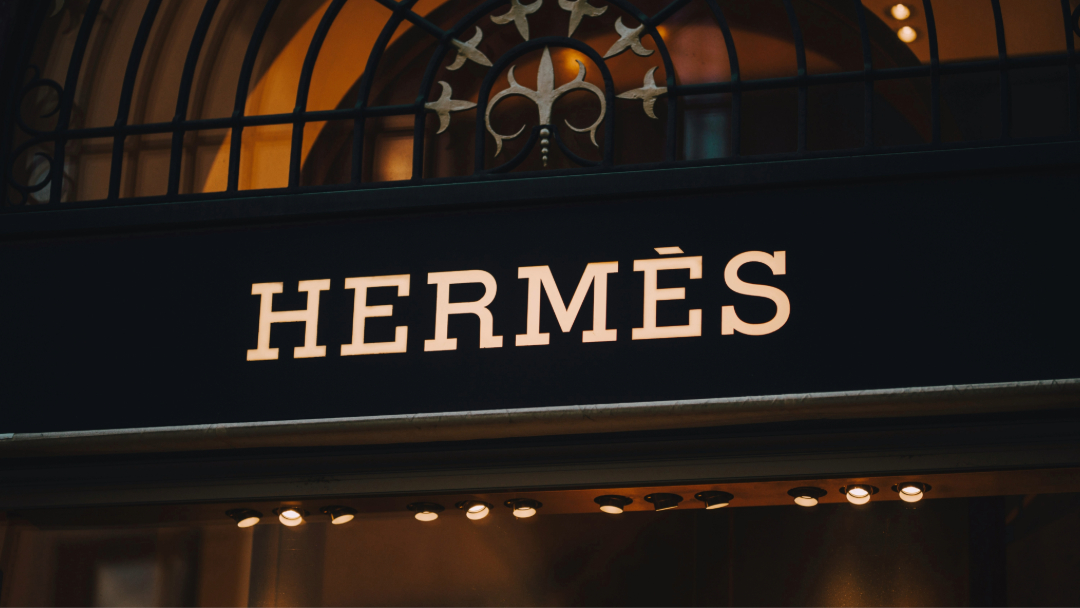To mitigate the risks associated with Chinese celebrities, luxury brands are now seeking to collaborate with local athletes in the market. Will this trend continue, and how can luxury brands use sporting icons to deepen their connection with local audiences?

As China’s crackdown on celebrities in the entertainment industry continues to escalate, Chinese actor Deng Lun was convicted of tax evasion and fined 106 million RMB earlier in March. Deng Lun’s digital footprint, like that of other “misbehaving” celebrities (such as Kris Wu and Zheng Shuang) before him, has since vanished from the Chinese Internet. His personal social media accounts have been shut down, and his works removed from the Internet, effectively ending his acting career.
Prior to all of this, the 30-year-old actor had become quite the fashion darling in recent years. Besides appearing on the covers of magazines such as GQ and Esquire several times in the past year, he was also the face of luxury brands such as Bulgari and Roger Vivier, and featured in Gucci’s Spring/Summer campaign “Gucci Love Parade,” which was released in February this year. Deng Lun now can no longer be found on both Bulgari and Gucci’s local social accounts.
Collaborating with celebrities has always been an important part of luxury brands’ marketing initiatives in regional markets – especially in China, where young consumers are willing to buy any product endorsed by their favourite celebrity (and then leave comments, post pictures, and even display invoices on e-commerce platforms in a practice known colloquially as “Shai Dan”) just to prove their loyalty. However, the current cultural environment in China places brands in a bind. Brands cannot afford to stop celebrity marketing, but if a celebrity makes any missteps, not only will their investment go up in smoke, but the brand’s image will be threatened.
As such, partnering athletes has become the latest trend for brands looking to mitigate risks in this market. Unlike professional athletes in the West, the vast majority of Chinese sports stars are members of the national team – which means they have passed stringent political background checks, and have good public images and repute.
Of these athletes, a few are especially favoured by luxury brands. Table tennis player Ma Long, is one of them. The athlete, who successfully defended his men’s singles champion title at the Tokyo Olympics last year, became the first athlete in Olympic Games history to do so. The 34-year-old Olympian now has five gold medals to his name. Such illustrious accomplishments have also earned him national acclaim, with his official Weibo account @Captain龙 amassing over 8 million followers.
“Global luxury brands have their own considerations for collaborating with Chinese sports stars based on brand strategy, whether for commercial or brand image purposes, or to tap into potential consumers; it’s a win-win game for both brands and athletes,” says Zhang Fuhua, ELLE Business General Manager at Hearst China. “Given that China has become one of the most important markets for luxury brands, collaborating with local athletes emphasises the importance of this local market and the Chinese audience.”
Following the Tokyo Olympics, Ma Long was featured on the cover of the October issue of ELLE China. Magazine covers in Chinese fashion media are typically sponsored by brands, and covers featuring only one brand are even more expensive. Ma Long also appeared on the cover of the 33rd anniversary issue of ELLE dressed entirely in Prada’s Autumn/Winter 2021 Men’s collection. He was named Prada’s brand ambassador a few months later.
The decision by brands to embrace athletes is indicative of changes in the larger Chinese cultural landscape. In recent years, it has become clear that it is not only “misbehaving” celebrities that pose a serious risk to brands. With the launch of “Operation Qinglang” – the Chinese government’s campaign to clean up Internet culture – moves made by celebrities, and their fans, have started to come under intense scrutiny. Given the current climate, the appeal of athletes to supplement their celebrity strategy is starting to grow for brands.
Zhang points out that the number of Hot Topics on Weibo about athletes increased significantly during the Winter Olympics, owing to nationwide spontaneous discussions about the event. In contrast, celebrities were discussed relatively less frequently during this time. The popularity of these athletes will bring brands not only commercial value, but also public value – “and that’s a unique form of empowerment that normal stars can’t achieve,” he adds.
A classic case in point is Eileen Gu, a skier who represented China at the 2022 Winter Olympics. Even prior to winning two gold medals and one silver medal at the event, Gu was highly sought after by media and brands.
The American-born Chinese, who is now a Stanford student, was born to a mother who was one of China’s first venture capitalists that immigrated to the US in the early 1990s. China now views Gu’s “repatriation” by joining the Chinese national team as a manifestation of national strength. In the same way that tennis player Naomi Osaka reclaimed her Japanese citizenship, it is seen as a sign of increased national confidence. Interestingly, both these interracial athletes have worked very closely with Louis Vuitton.
Athletes have long been favoured by brands across consumer categories, from sportswear to watchmaking and cars, that have a strong connection to sports. However, these collaborations have always highlighted the athlete’s own professional attributes – such as speed, strength, tenacity or the pursuit of excellence – that are consistent with the brand image. However, in terms of brand narratives, luxury fashion brands tend to have a weaker connection to sports.
“When it comes to finding the right connection between the brand and the sports star, authenticity remains at the core,” Iris Chan, Partner and Head of International Client Development at DLG (Digital Luxury Group) says. “What that means today, as we see more dimensions of the athletes than just in their sport, is that brands need to consider the athlete as a whole to find meaningful connections not only with their sport.”
Earlier this year, Prada collaborated with Douyin to create a series of short videos for four female athletes competing in the Tokyo Olympics, a campaign curated by Hong Huang, a well-known Chinese fashion media practitioner. The four athletes were dressed in custom-made outfits from Prada’s Spring/Summer 2022 collection. Unlike previous sports collaborations, which focused on athletic attributes, the theme of this campaign was to highlight the diverse types of female beauty.
Two of the “models” – Chinese shot putter Gong Lijiao who has a more robust figure, and Chinese basketball player Yang Shuyu who is more known for her androgynous style – were not exactly in line with the popular Chinese feminine aesthetic. However, this campaign was well received by local consumers, and Prada also posted this photo shoot on Instagram (which global brands rarely do with regional campaigns), resulting in a post with nearly 60,000 likes.
Credit: Courtesy of Prada
Zhang also notes that when collaborating with sports stars, luxury brands in China are now looking at more than a standalone project, and that some brands are even officially announcing athletes as spokespersons. Ma Long, for example, has become an Omega ambassador – joining the brand’s illustrious ranks of sports stars including Michael Phelps and Caeleb Dressel.
He believes that brands must continue to capitalise on the long-term value that sports stars can bring to the brand: “Sports stars can uniquely empower a brand during the event. At the same time, brands need to consider how to retain post-event attention, and be flexible and agile in this aspect.”
That said, Chan thinks that brands are still in the trial phase of working with athletes in China. “Developing a few partnerships to start, managing and monitoring how consumers are responding – what works, what doesn’t work,” she elaborates. “Over time, brands can gain a better understanding of the specific characteristics of a sport or athlete that clicks for their brand, and the Chinese consumer.”
From David Beckham to Serena Williams, sports icons have always been integral to the marketing efforts of luxury brands in the West. Brands are increasingly recognising the “luxury” value of sports players in China – but will this trend continue, and will a new sporting superstar emerge in this market? We will just have to wait and see.










